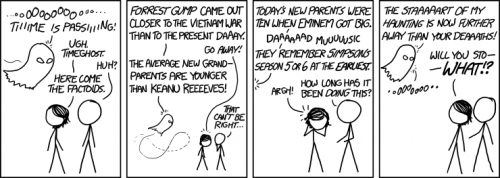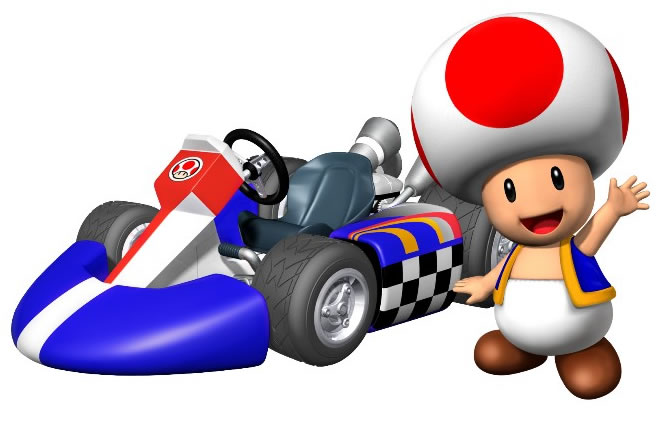
Image Credit:
I feel so out of touch when it comes to video games.
During my time in the Digital Writing and Research Lab, I've worked to incorporate new technologies and media into my scholarship and pedagogy: I've published webtexts, rhetoric podcasts, and--as you might have guessed--blog posts about pedagogy. I've had students in my classes record podcasts of their own, collaborate on wikis, and use digital platforms to create visuals. But despite their vast array of pedagogical possibilities, I've yet to bring video games into the classroom. After all, the most recent gaming console I own is the eight-year-old (eight years old?!) Nintendo Wii, which--let's be honest--I mostly use to watch Netflix.
Except, that is, for a few months last fall when I got my hands on a Wii Classic Controller.
image via Amazon.com
This controller is not exactly a groundbreaking piece of technology. In fact, it's decidedly backwards, a way of retrofitting the Wii's more innovative controller so you can use the console to play games from past platforms. In my case, the game in question was Mario Kart 64, an eighteen-year-old game (EIGHTEEN YEARS OLD?!) and the only multiplayer game at which I've ever been any good. As I lack both the hand-eye coordination required by many newer games and the funds required to purchase newer consoles, Mario Kart 64 still represents--alongside the halcyon days I invested in the Final Fantasy games released for the first-generation PlayStation--the pinnacle of my gamerly achievements. So, following my accomplishment of a key graduate-school achievement, I used the classic controller to descend into a few days of '90s nostalgia. With my good friend Toad, I sped across 64-bit beaches, turnpikes, and boardwalks. I won gold cups and blasted my competitors with heat-seeking turtle shells. I drove, I raced, I karted. And then, eventually, I felt the pull of responsibility, put down the controller, and picked up my copy of Maurice Blanchot's The Racing Writing of the Disaster. Done with krashing karts, I returned to the various spin-outs of scholarly writing.
image via Fanpop
Which is to say that it's all too tempting for me to shake my head at undergraduates these days, what with their fourth-generation PlayStations, eighth-generation Mario Kart games, Steam accounts, and Flappy Bird victories. Soon, Beloit College will release their "mindset list" for the class of 2018 and surely give those of us who teach them--whether we're 27 or 72--plenty more excuses to panic about students' cultural touchstones.
My hope for myself, though, as I begin academic year 2014-15, is that I can resist such allergic reactions to students' cultural and technological habits. Following the suggestions of John Warner, I'd hope to avoid projecting my own anxieties about and lack of discipline with digital technologies onto my students--at least not without first asking after my students' relationships with technologies new and old. This strikes me as one of the many tensions teachers--perhaps especially teachers of rhetoric, writing, and composition--must constantly balance: Resisting the urge to fume at and dismiss technologies with which we're unfamiliar while also resisting the urge to celebrate technologies about which we know very little for the sake of novelty alone or as part of some dream about the inevitable march of progress.
What excites me about the digital rhetoric classroom--the reason that maybe I should work harder to plug post-millennial video games into my classroom, and that I'm excited about the work the DWRL's new Video/Games group will undertake in the coming year--is how fruitful a place it can be for negotiating and questioning this tension. With any new technology--even the most seemingly ubiquitous--at least a few students in any given class are going to be disoriented by it. And at the very least, perhaps we as teachers will be disoriented by it (or, in the spirit of dissoi logoi, we can pretend to be). The digital rhetoric course, in short, can be a place not for socializing students back into old forms of composition, nor for naturalizing new technologies into institutional structures, but for denaturalizing both our own and our students' expectations about and approaches to various technologies, forms of communication, and ways of being--from the ancient art of Mario Kart 64, to the crystallized realms of academic English, to the technological relations that may only come into existence in the courses we teach this fall and in the future.



